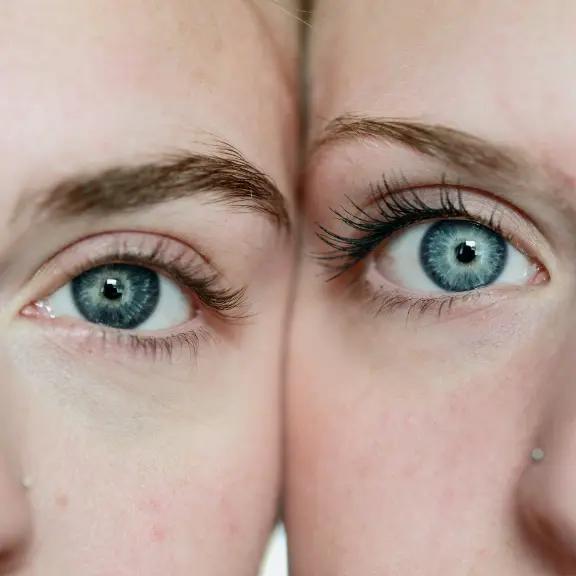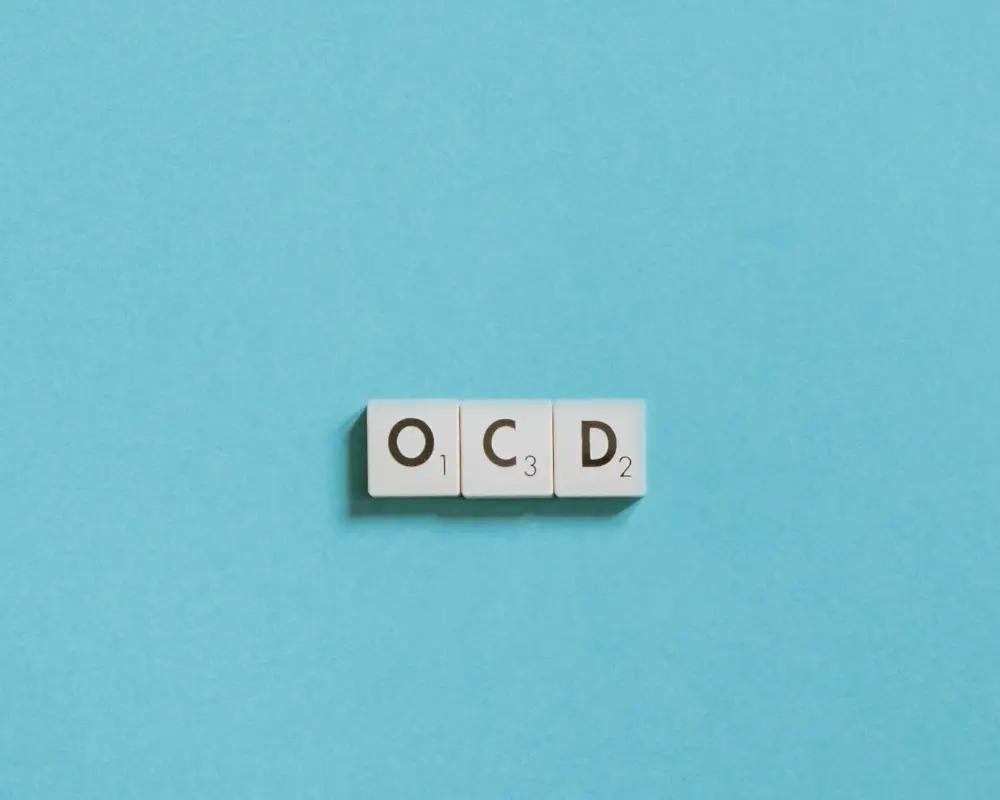M.Sc. Miroslava Pešlova
"I can't go there, I don't know what to say, what we would talk about, I don't care what I would do there, there will be food, I'm afraid to eat food and I can't eat it, I wouldn't be able to go there, I can't go there. "
And Rebeka again did not respond to a message to a friend who invited her "for coffee". She left the chat conversation and continued to "immerse herself" in the virtual world of her favorite applications on the phone, where she now spent almost all her free time.

Rebeka is a girl who is 16 years old, she is sick. She has an eating disorder PPP which first started with anorexia nervosa MA. According to ICD-10 (International Classification of Diseases), MA is a disorder characterized by intentional weight loss that the patient causes and maintains on his own. He avoids "fattening" foods and uses one or more of the following: induced vomiting, induced defecation, use of anorectics, diuretics, excessive exercise. He still has a fear of being fat and a distorted idea of his own body as an intrusive and controlling thought, and he imposes on himself the duty of being underweight.
Rebeka's PPP developed gradually and its origins fall within a period of 12 years. We will not specify all the stimuli that could have caused it, as it is a joint action of many factors. We will only say that Rebekah grew up in conditions "when it was difficult for her". In the 6th grade, during the period when girls' figures change into female forms, she perceived herself as stronger, and at primary school her classmates began to call her "spy". She felt like an outcast, alone, sad. The feeling of "being an outcast" in a girl "with a history" started the development of the disorder. And we will especially monitor the development of ideas along with behavior. It is necessary to point out that the period of adolescence is difficult, full of doubts and question marks "who am I".
Rebeka began to focus on a healthy diet and, above all, foods that "don't make you fat". And she started working out. Gradually, she took more and more food and food intake and included exercise right after eating "to get it out." She used to eat with gusto. However, the foods that she did not forbid now, she gradually lost her taste - still the same "everything revolved around unsatisfactory food". She almost stopped eating in the 9th grade. “If I hold on, the hunger will stop. I don't have to eat, I don't need it.” “I become better when I don't eat.” She saw herself as “good” that she could endure not eating—that is, she “controls it.” At the same time, however, she felt anxious, tense and annoyed that she was hungry but "can't eat because the food is bad for her, it makes her what she doesn't like - fat". And the accompanying, intense and still accompanying feeling of "how come I'm not happy!" (when she tries so hard, holds on and doesn't eat). She observed others with envy that "the other eats" and did not understand that "he has no remorse and enjoys the food." She felt very disturbed by the constant evaluation of other bodies (for example on the street) "how can they look like this and not feel shame". She saw that she was changing physically, "it still wasn't enough" (the feeling of happiness didn't come), at the same time her hair started to fall out and her nails split, she stopped menstruating. Before the outbreak of PPP, she enjoyed many activities, but stopped doing them a long time ago - partly because she did not have the strength for them, because she was physically weak, and partly because she only had thoughts about food in her mind. "I can't have breakfast, have a snack, go out with someone because I'm afraid there will be food and I can't eat it." She began to live in isolation in constant tension and anxiety only in her head, how she looks and stopped living life around - friends, hobbies, looking forward to something. And we are at the opening quote at the beginning of the article.
Sometime during the 1st year of high school, Rebeka developed PPP mental bulimia MB. According to ICD-10, it is a disorder characterized by repeated bouts of overeating, excessive control of body weight and the application of extreme measures to reduce the "fat-causing" effects of ingested food, using vomiting (and other methods). The disorder can be seen as a result of ongoing MA (sometimes in reverse order), the pernicious pattern of overeating followed by vomiting then becomes established. Repeated vomiting poses a risk of somatic complications (tetany - muscle spasms that can contract uncontrollably, which can lead to spastic movements up to paralysis. Then, epileptic seizures, cardiac arrhythmias, muscle weakness) and further significant weight loss.
Let's pause for a moment for a deeper understanding of the text and develop some ideas.
I am good - control and "thin's happiness" - Rebeka experienced various situations (for example, something failed, it was not "good enough", parents' quarrel, conflicts, difficult situations and losses, insults from classmates, etc.). She felt bad in them, often experienced anxiety and felt that she couldn't do anything about it, influence it, control it. She gradually began to focus more and more on what she could "control" - food intake and manipulation (extreme exercise, vomiting). When she endured not eating, she felt good "I'm influencing it" (then she "didn't have to think about other situations and how they feel about them"). In an unconscious mechanism, she was greatly "helped" by the pressure of the "edited" virtual world of the "thin and happy". "After all, when he laughs and is thin, he is beautiful and happy!" "They can do it, so can I!" In the full development of PPP, Rebekah perceives "that she can no longer" control it and in strong anxiety, feeling helplessness, "follows the order of her thoughts: YOU MUST NOT EAT!'
"To give it away" (food) and "everything around unsatisfying food" - food has come to have a negative meaning, but at the same time it is impossible to live without it (a big contradiction in the mind). Long-term ascetic refusal of food and "eating food without feeling the taste - automatically" gradually began to alternate with paroxysmal states of overeating a large amount of food with subsequent vomiting - also called "wolf hunger".
The treatment of PPP requires a comprehensive and long-term psychotherapeutic approach (combination of individual therapy, family therapy, possible hospitalization and other forms of treatment) together with psychiatric (medication).
Why the horrible sisters MA and MB? Because "getting into their vicious circle" becomes a terror for a person.
The name and story itself is made up. I thank my clients for their kind permission to include some of their thoughts.
Photo by Alexander Gray on Unsplash
BE IN THE IMAGE
Information, articles and news
Do you need help?
You can send us a message or call us every day from 8 a.m. to 8 p.m. +420 228 226 101
This website is using cookies
You can either allow them all with the "I agree to all" button below, refuse or set the "Detailed settings" in detail. You can also change the selection later. More information about cookies in the Cookie Policy .




